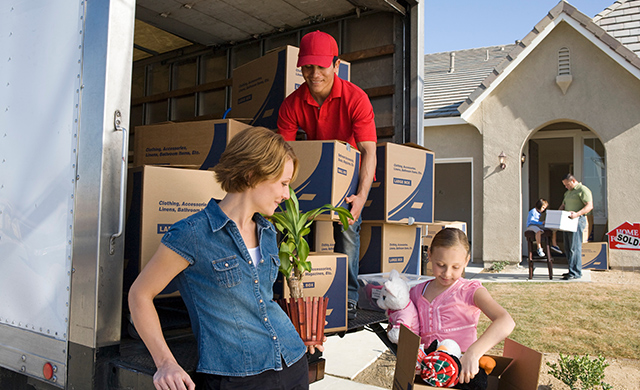How to Vet Your Next Moving Company
Texas REALTORS Staff2024-01-09T13:18:33-06:00Moving is rarely stress-free. During this busy time, don’t gloss over the important step of vetting your moving company. Watch out for these red flags. The Basics Aren’t in Writing Be suspicious if your movers don’t provide a written cost estimate or say they will figure out the charges after loading. Think twice if your movers—or a broker who works with movers—gives you an estimate without inspecting your stuff. Does that estimate seem low to you? Is it low compared to other written estimates? Furthermore, watch out if your movers ask you to sign blank documents or claim you have more possessions than the estimate says. Their Details Aren’t Clear Be wary if the company does not have a local address or doesn’t identify themselves when you call them. Do the movers say their insurance will cover your stuff but they don’t ask you to itemize or value your belongings? Are these movers even authorized to be movers? You can look up the company in the Federal Motor Carrier Safety Administration’s Registered Mover Database. Consider checking with the Better Business Bureau, too. They Didn’t Share Required Information Movers and moving brokers are required to give you a copy of the “Your Rights and Responsibilities When You Move” booklet and the “Ready to Move” brochure. Did you receive them? Significant Payment Required Up Front Are the movers asking for a large deposit or cash before the move? Some sort of deposit may be required but it shouldn’t be an enormous sum—or ever required in cash. Talk to your REALTOR® about how to make your move as smooth as possible. Your REALTOR® has the knowledge and skills to help you make informed decisions.








